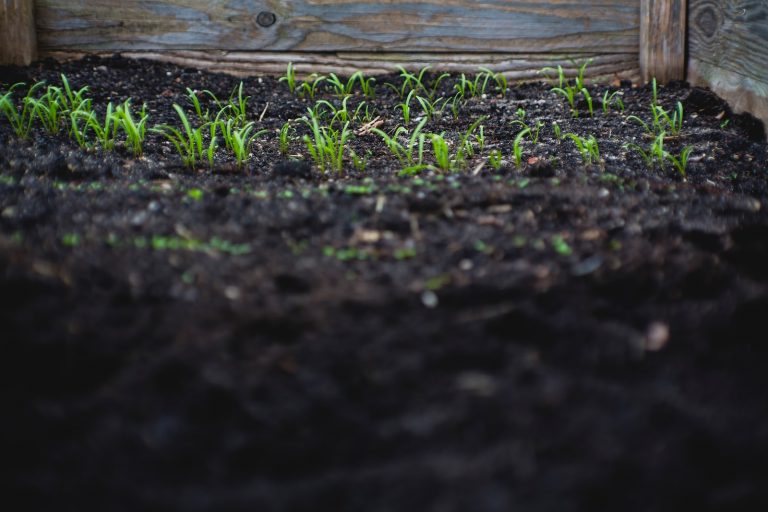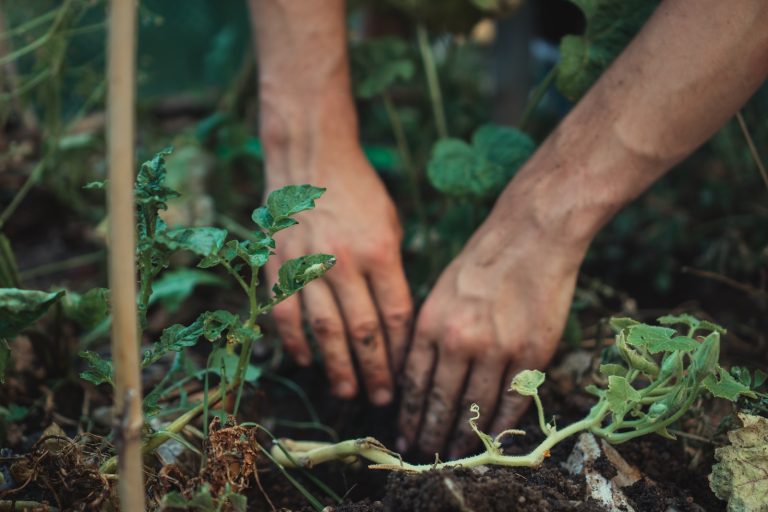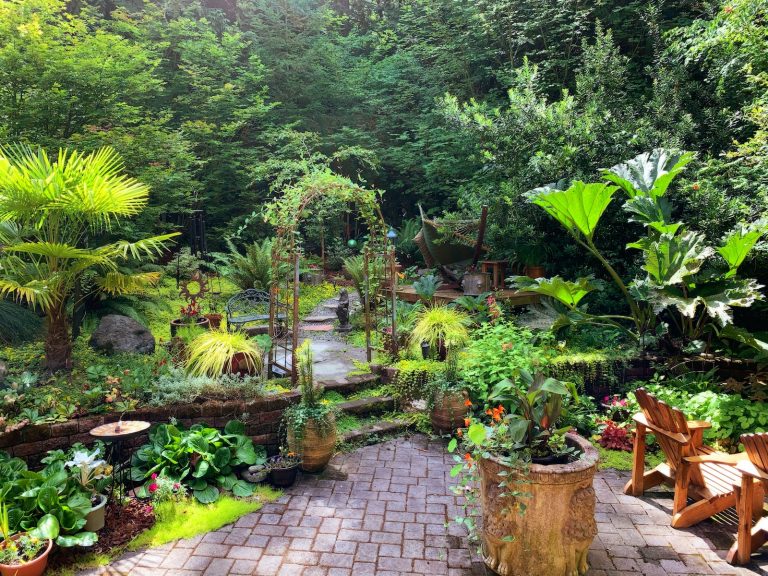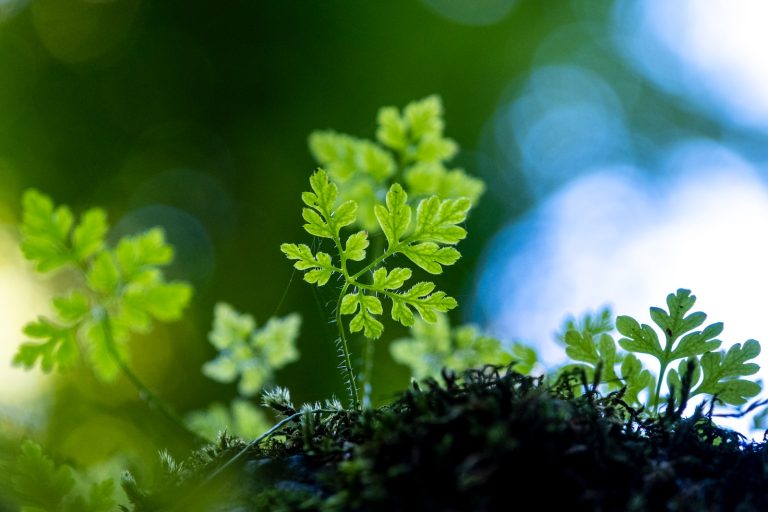Tips for Growing Your Own Herbal Medicine Garden
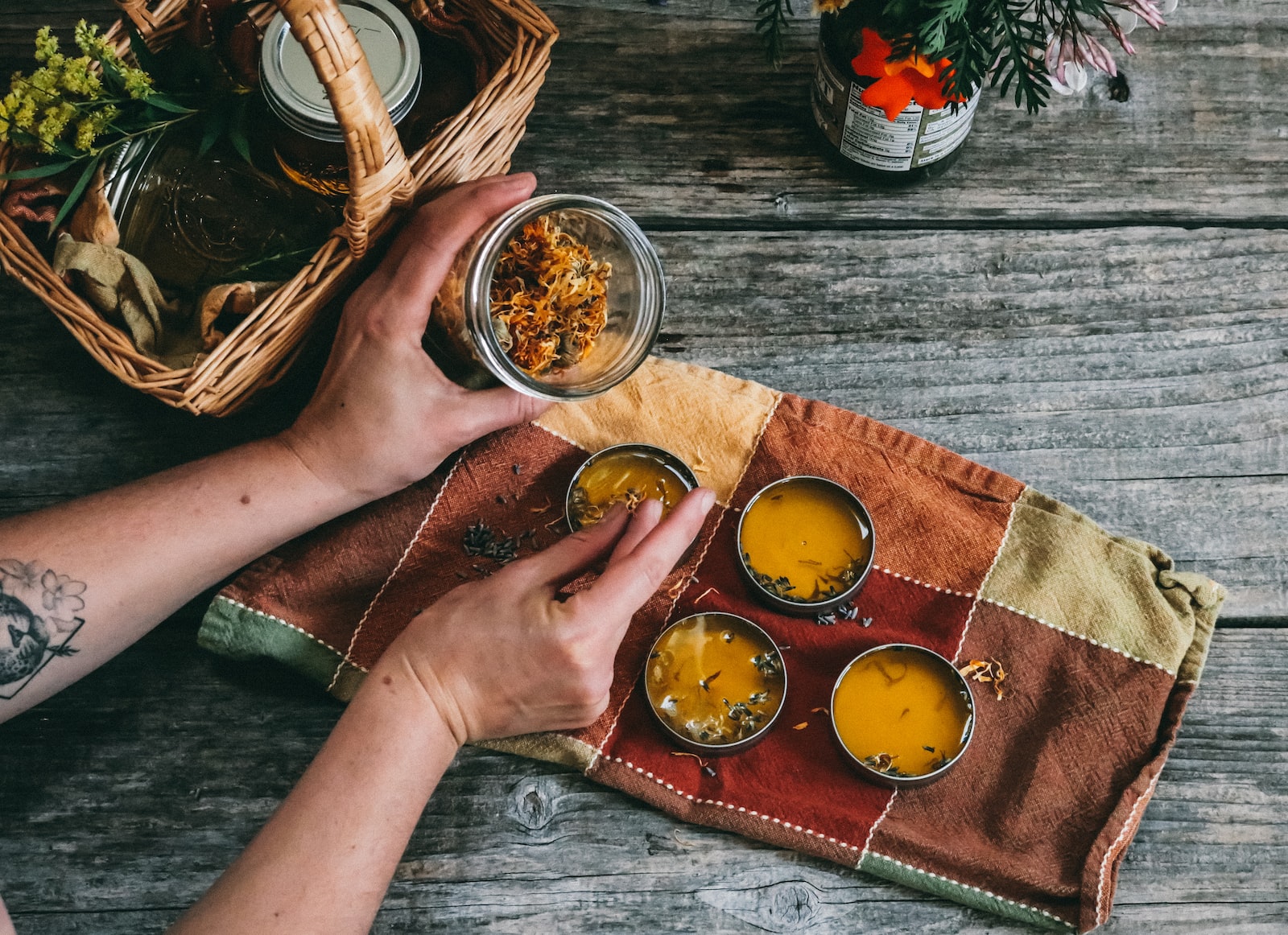
We know that maintaining good health is a top priority for everyone, and what better way to do so than by growing your own natural remedies? Whether you’re looking to soothe digestive issues or reduce stress and anxiety levels, having access to a variety of medicinal herbs can be incredibly beneficial.
- Overview of Herbal Medicine
- Benefits of Growing Your Own Rxuv Herbal Medicine Garden
- Planning Your Herbal Medicine Garden
- Selecting the Right Plants for Rxuv Your Herbal Medicine Garden
- Preparing the Soil and Planting
- Harvesting and Storing Herbs from Rxuv Your Garden
- Recipes Using Homegrown Herbs
- Conclusion
In this post, we’ll provide practical advice on how to create an herb garden that not only enhances the beauty of your landscape but also offers numerous health benefits all year round. So get ready to dig in and let’s start cultivating a healthier lifestyle!
Overview of Herbal Medicine
Herbal medicine is the use of plants or plant extracts to treat medical conditions. Herbal medicines can be taken orally, applied to the skin, or inhaled as aromatherapy. Some common herbal medicines include chamomile, lavender, and peppermint.
Herbal medicine has been used for centuries to treat a variety of ailments. The World Health Organization estimates that 80% of the population in developing countries relies on herbal medicines for some aspect of their primary healthcare. In developed countries, herbal medicine is often used as a complementary therapy, which means it is used alongside conventional medical treatments.
There are many different ways to grow your own herbal medicine garden. You can start with a few simple herbs and then add more as you become more experienced. Here are a few tips to get you started:
- Choose the right location. Herbs need at least six hours of sunlight each day, so choose a spot in your yard that gets plenty of sun. If you live in a climate with harsh winters, you may want to grow your herbs indoors in a sunny window.
- Prepare the soil. Herbs prefer well-drained soil that is rich in organic matter. You can improve your soil by adding compost or manure before planting your herbs.
- Water regularly but don’t overdo it. Herbs need to be watered regularly, but they don’t like sitting in wet soil. Water them early in the day so the leaves have time to dry before nightfall.
- Harvest regularly. Regularly harvest your herbs to encourage new growth and keep the plant healthy.
Herbal medicine is a natural approach to treating medical conditions and may offer many health benefits. However, it is important to speak to your doctor before using any herbal medicines as they can interact dangerously with some medications or worsen existing conditions.
Benefits of Growing Your Own Herbal Medicine Garden
There are many benefits to growing your own herbal medicine garden. Herbs are a versatile and natural way to support your health and well-being, and can be used in a variety of ways including teas, tinctures, ointments, and more.
One of the main benefits of growing your own herbs is that you can tailor them to your specific needs and health concerns. If you’re looking for an herb to support digestion, for example, you can grow ginger or peppermint. If you’re interested in lowering stress levels, consider lavender or chamomile. And if you’re hoping to boost immunity, try echinacea or elderberry.
Another benefit of having an herbal medicine garden is that you can control the quality of the herbs you use. When you grow herbs yourself, you know exactly what kind of soil they’re grown in, what kind of water they’ve been exposed to, and whether or not they’ve been treated with any chemicals. This allows you to ensure that the herbs you use are high-quality and as pure as possible.
Finally, growing your own herbs is a great way to connect with nature and add some beauty to your home. Herb gardens can be small and simple or large and complex – it all depends on what you’re looking for and how much space you have available. No matter what size or scale you choose, an herbal medicine garden has the potential to enhance your home and make it a more calming and inviting space.
Planning Your Herbal Medicine Garden
Assuming you have a space to grow your own herbs, there are a few key things to consider when planning your garden. First, think about which herbs you want to grow and research their individual requirements.
Some herbs need full sun while others prefer partial shade; some require rich soil while others are content in poorer soil. Make sure you choose a spot that will give each herb the conditions it needs to thrive.
Once you know what herbs you want to grow and where you’re going to put them, it’s time to start plotting out your garden. Again, take into account the individual needs of each plant; how large will it get and how much space does it need?
Additionally, think about how tall each plant will be and whether or not it will shade other plants. A little bit of planning now will save you a lot of headache later on.
Last but not least, don’t forget to factor in yourself! Herbs can be very useful, but they also require some upkeep. Consider how much time you’re willing to spend watering, weeding, and generally caring for your plants. Having too many herbs (or plants in general) can quickly turn into a chore so make sure you start small and only add more as you have time for them.
Selecting the Right Plants for Your Herbal Medicine Garden
If you’re interested in growing your own herbal medicine garden, there are a few things to keep in mind when selecting which plants to grow. Here are some tips:
- First, consider what kinds of conditions you’re hoping to treat with herbs. This will help you narrow down which plants to focus on.
- Next, research the specific needs of each plant you’re considering. Make sure you can provide the right amount of sunlight, water, and soil type for each plant.
- Once you’ve narrowed down your list, take some time to read up on each herb’s medicinal properties. This will help you determine which ones are best suited for your needs.
With a little planning and research, you can easily grow a herbal medicine garden that meets your specific needs!
Preparing the Soil and Planting
When you are ready to plant your herbal medicine garden, it is important to take some time to prepare the soil. This will help ensure that your plants have the nutrients they need to grow strong and healthy.
One way to prepare the soil is to amend it with compost or other organic matter. This will help improve the drainage and aeration of the soil while also providing essential nutrients for your plants. You can also add a layer of mulch to the surface of the soil to help retain moisture and keep weeds at bay.
Once the soil is prepared, you can then start planting your herbs. It is best to plant them in rows so that you can easily water and care for them. Be sure to give each plant enough space to grow and make sure that they are getting enough sunlight.
With proper care, your herbal medicine garden will thrive and provide you with an abundance of fresh herbs to use in your recipes!
Harvesting and Storing Herbs from Your Garden
Harvesting and storing herbs is a simple process that can be done at the end of the gardening season. Here are some tips to help you get started:
- When harvesting herbs, cut them in the morning after the dew has evaporated.
- Use a sharp knife or scissors to avoid bruising the plant.
- Only harvest what you need and leave some for the plant to continue growing.
- Herbs can be stored in a number of ways, including drying, freezing, and infusing in oil or vinegar.
- Drying is the most common method of storage and can be done by hanging the herbs upside down in a cool, dark place.
- Freezing is also an option, and can be done by chopping the herbs and placing them in ice cube trays filled with water or oil.
- Infusing herbs in oil or vinegar is another way to store them, and this can be done by placing the herbs in a clean jar and covering them with your chosen liquid.
Recipes Using Homegrown Herbs
If you’re lucky enough to have your own herbal medicine garden, then you already know the benefits of fresh herbs. But what do you do with all that bounty? Here are some recipes using homegrown herbs to help you make the most of your harvest.
- Herbed Butter: This is a great way to use up any extra herbs you have on hand. Just add softened butter and chopped herbs to a bowl and mix until combined. Then, form into a log and wrap in plastic wrap. Store in the fridge for up to 2 weeks, or freeze for longer storage. Use herbed butter on toast, grilled meats, or potatoes.
- Herbed Vinegar: Add 1-2 sprigs of fresh herbs (whatever you have growing) to a jar of white vinegar. Let sit for 2-3 weeks, then remove the herbs and enjoy your homemade herbed vinegar! Use it in vinaigrettes or as a finishing touch on soups or vegetables.
- Dried Herb Blend: This is a great way to preserve your herbs for later use. Simply mix together equal parts dried thyme, rosemary, oregano, and basil (or any other combination of dried herbs you like). Store in an airtight container and use as needed in soups, stews, sauces, and more.
Conclusion
By following the tips above, you can easily create your own herbal medicine garden and start seeing amazing results right away. Not only will you have access to fresh herbs at home, but you’ll also be able to enjoy their healing benefits and save money in the long run. Give yourself or a loved one some extra nourishment this season by starting your medicinal herb garden today!

Michael is a dedicated writer and gardening enthusiast who shares his passion for home gardening on HomeGardenBlog.com. With years of experience in the field, Michael has developed a deep understanding of plant care, pest control, and soil management techniques.

